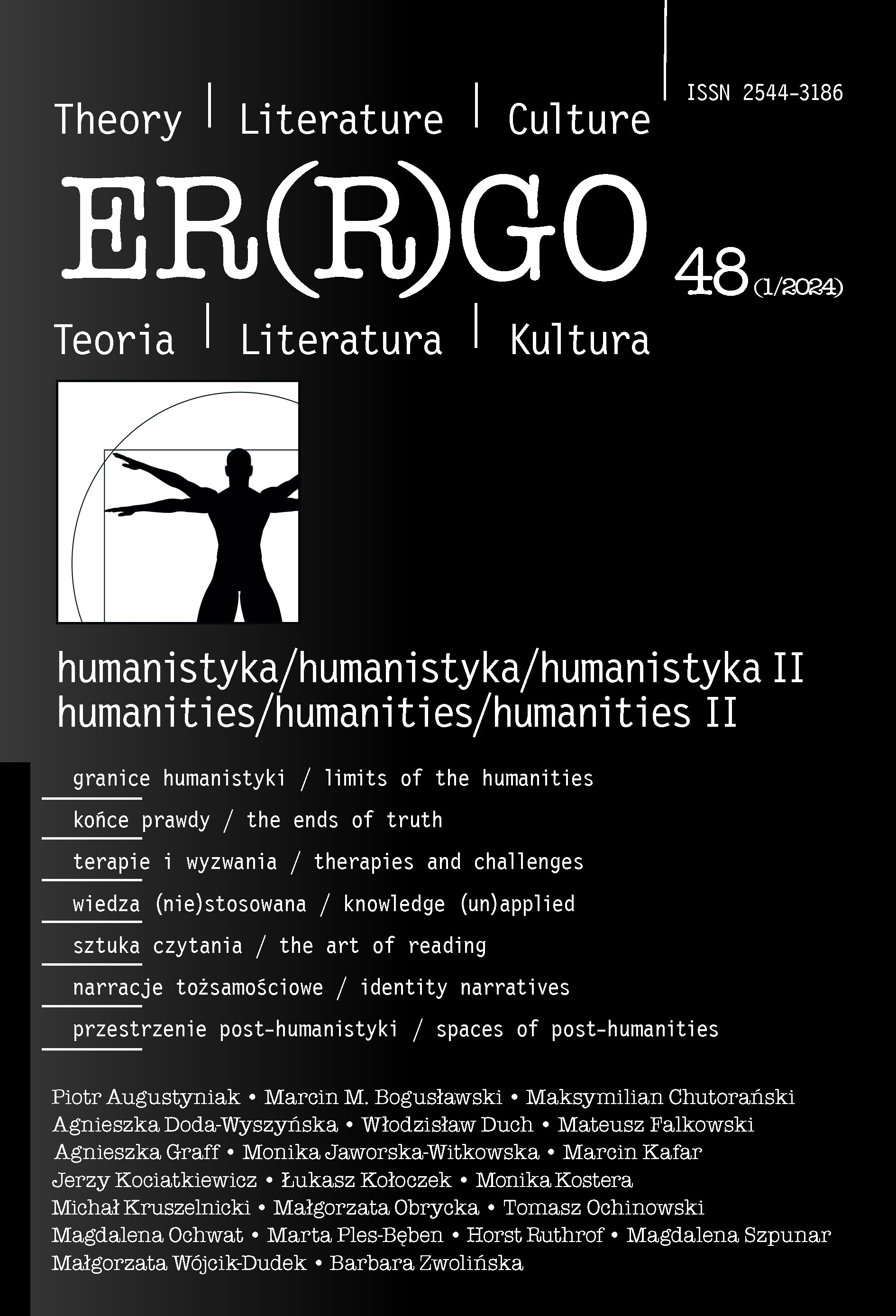Humanism and Posthumanism in the Post-truth Era – Pedagogical Implications
Humanism and Posthumanism in the Post-truth Era – Pedagogical Implications
Author(s): Małgorzata ObryckaSubject(s): History, Philosophy, Language and Literature Studies, Fine Arts / Performing Arts, Psychology, Media studies, Epistemology, Logic, Political Theory, Theology and Religion, Psycholinguistics, Sociolinguistics, Cognitive linguistics, Philosophy of Mind, Philosophy of Science, Electoral systems, Culture and social structure , Social psychology and group interaction, Cognitive Psychology, Marketing / Advertising, Theory of Literature, Pedagogy
Published by: Wydawnictwo Uniwersytetu Śląskiego
Keywords: humanism; pedagogy; post-truth; knowledge; post-humanism
Summary/Abstract: The research problem put forth in this paper is the seeking of an answer to the question about better and more effective ways of acquiring and transferring knowledge in the so-called post-truth era. Therefore, the point of reference here is the category of post-truth, defined as a phenomenon where the objective facts play a lesser role in the process of shaping a widely understood public opinion than emotions, evaluative judgements or personal beliefs. In such circumstances, a set of ideas, models of thinking, as well as ethical proposals – represented within the framework of such concepts as humanism and posthumanism – faces a huge challenge issued by the contemporaneity in the form of gaining social recognition and prestige. The phenomena developing in such process directly influence the way the pedagogical processes are perceived and being designed.
Journal: ER(R)GO. Teoria-Literatura-Kultura
- Issue Year: 2024
- Issue No: 48
- Page Range: 189-210
- Page Count: 22
- Language: English

